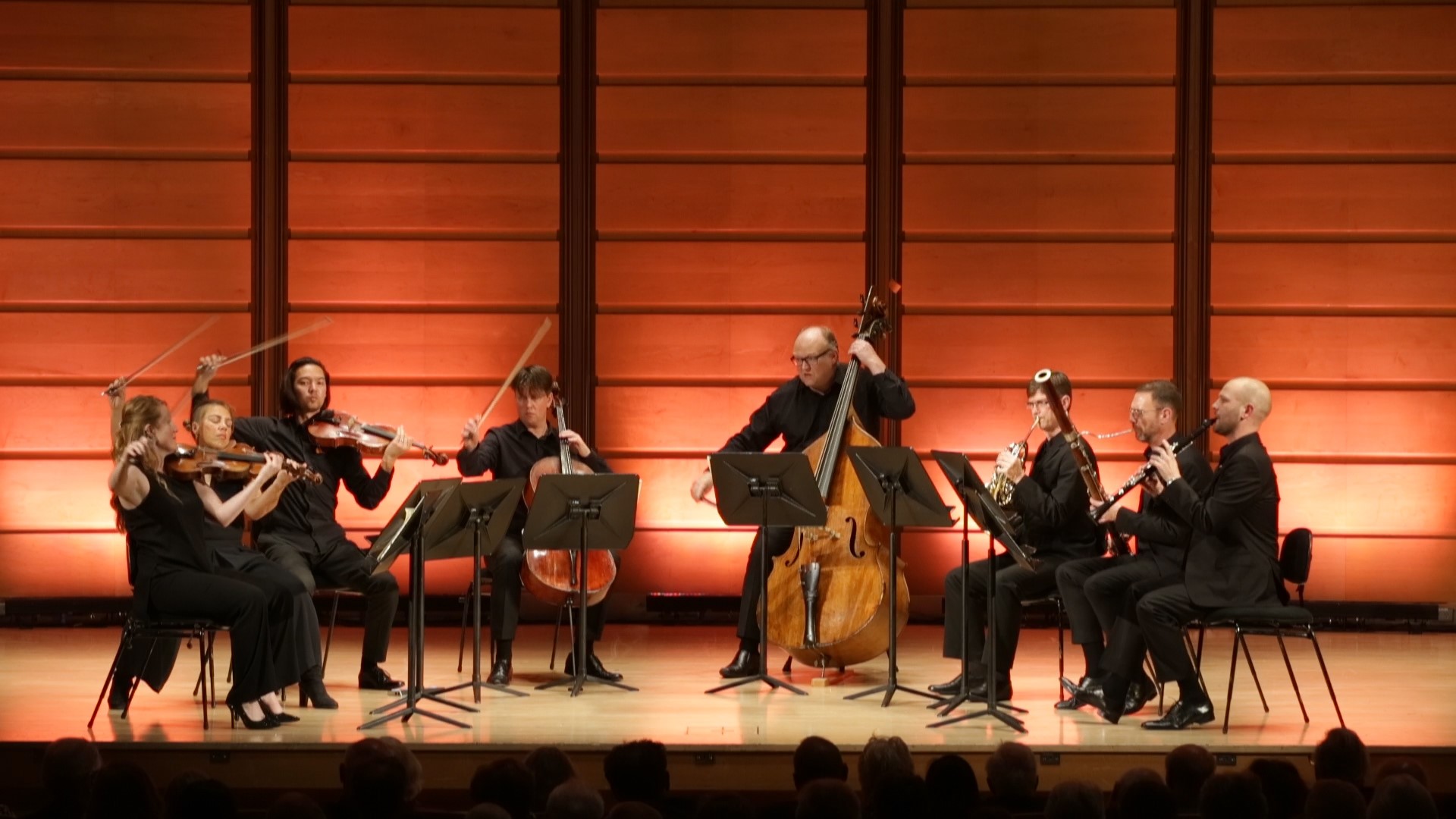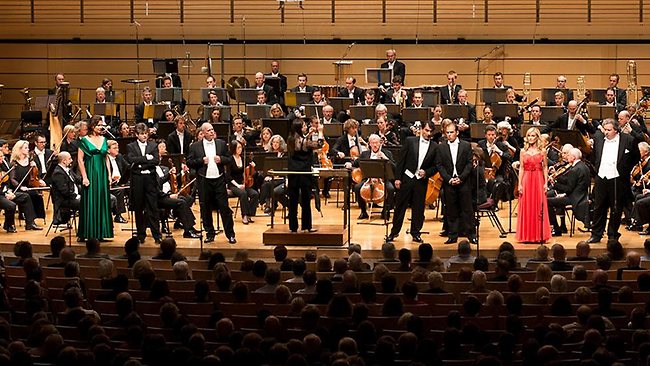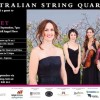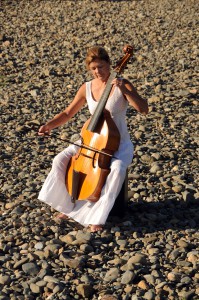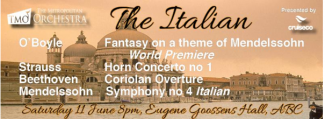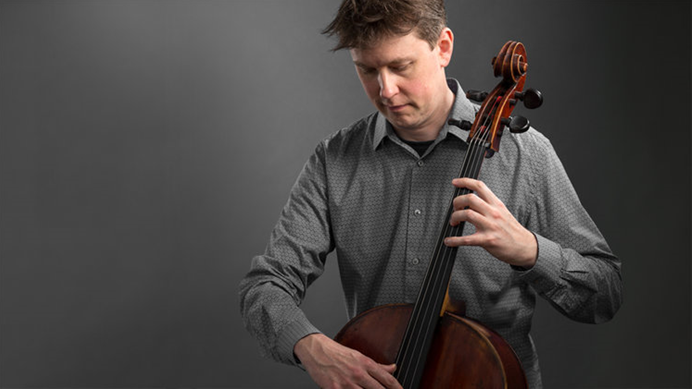Concert Review: Schubert’s Trout/Omega Ensemble
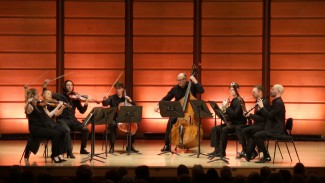
Schubert’s Trout
Omega Ensemble: David Rowden (Co-Artistic Director and clarinet), Maria Raspopova (Co-Artistic Director and piano), Alexandra Osborne (violin), Veronique Serret (violin), Neil Thompson (viola), Paul Stender (cello), Alex Henery (double bass), Ben Hoadley (bassoon), Michael Dixon (horn)
27 July 2017, City Recital Hall, Angel Place
Written by Larry Turner
One of Schubert’s best-loved works, the Trout Quintet (D.667), was voted number one in ABC-FM’s Classic 100 Chamber Music survey in 2008. In the acoustics of the City Recital Hall which are well suited to the scale of chamber music performed by the Omega Ensemble, this classic was paired with Schubert’s Octet (D.803) which is less frequently performed, probably because of the greater logistic challenges in assembling eight first-rate players on a range of different instruments.
From the very beginning of their Trout performance, the Ensemble established an atmosphere of serenity, but one that hints at more complex emotions to come. Alexandra Osborne led powerfully and projected her sound strongly. She established sensible tempi and guided the emotional temperature as it rose and fell. The inner string parts were often unduly reticent, but in their more exposed passages Neil Thompson (viola) and Paul Stender (cello) each displayed an attractive tone and sensitive phrasing. Alex Henery (double bass) played with great subtlety and refined phrasing while still providing a firm bass foundation. Maria Raspopova (piano) displayed all the technical skill and expertise required of this often florid and difficult part, but her interpretation was rather literal.
The popular ‘variation’ movement captured the natural innocence and naivety of the opening of the song. Schubert’s design for this movement is unusual in that for each variation it is the setting that varies while the tune remains essentially unchanged. All the players have brief opportunities to shine as the tune is tossed backwards and forwards among them. Neil Thompson’s viola variation was attractively played with a warm tone. Paul Stender’s cello was poised and he produced a beautiful cantabile. Alex Henery’s double bass contribution was delivered with admirable delicacy while Maria Raspopova’s filigree decoration scampered gleefully. This was a very enjoyable performance of a delightful work which the occasional slight differences of ensemble did not lessen.
Although Schubert’s Octet is heard less often than the Trout Quintet, it is by no means a lesser work. Lasting for a full hour, it encompasses a wide range of moods and emotions. It was commissioned by Count Ferdinand von Troyer who was a steward at the court of Archduke Rudolf, a patron, pupil and friend of Beethoven. He was himself an amateur clarinettist so it is no surprise that the leading role in this work is shared between first violin (Alexandra Osborne) and clarinet (David Rowden). The other new players making up the octet were Veronique Serret (second violin), Ben Hoadley (bassoon) and Michael Dixon (horn) who played largely supportive roles.
The ensemble immediately established the mood of gravity in the slow opening. This is soon supplanted by a more exuberant mood enlivened by the players’ tight ensemble and fine balance. In the elegiac beginning of the second movement David Rowden’s beautifully long-phrased cantabile playing magically created an atmosphere where time seems to stand still. The entire ensemble moved as one in the subtle expressive rubato in this excellent performance. The mood then changed rapidly in the jaunty scherzo which was notable for the ensemble’s excellent rhythmic unity.
As in the Trout Quintet, the Octet includes a variation movement in which the less prominent instruments also have their moments in the limelight, confirming that they are all individually excellent players. Together, they produced a well balanced sound with impressive unanimity. In the final movement, their tight ensemble was maintained throughout the exciting race to the conclusion.
Larry Turner for SoundsLikeSydney©
Larry Turner is an avid attender of concerts and operas and has been reviewing performances for Sounds Like Sydney for several years. As a chorister for many years in both Sydney and London, he particularly enjoys music from both the great a capella period and the baroque. He has written programme notes for Sydney Philharmonia, the Intervarsity Choral Festival and the Sydneian Bach Choir and is currently part of a team researching the history of Sydney Philharmonia for its forthcoming centenary.

